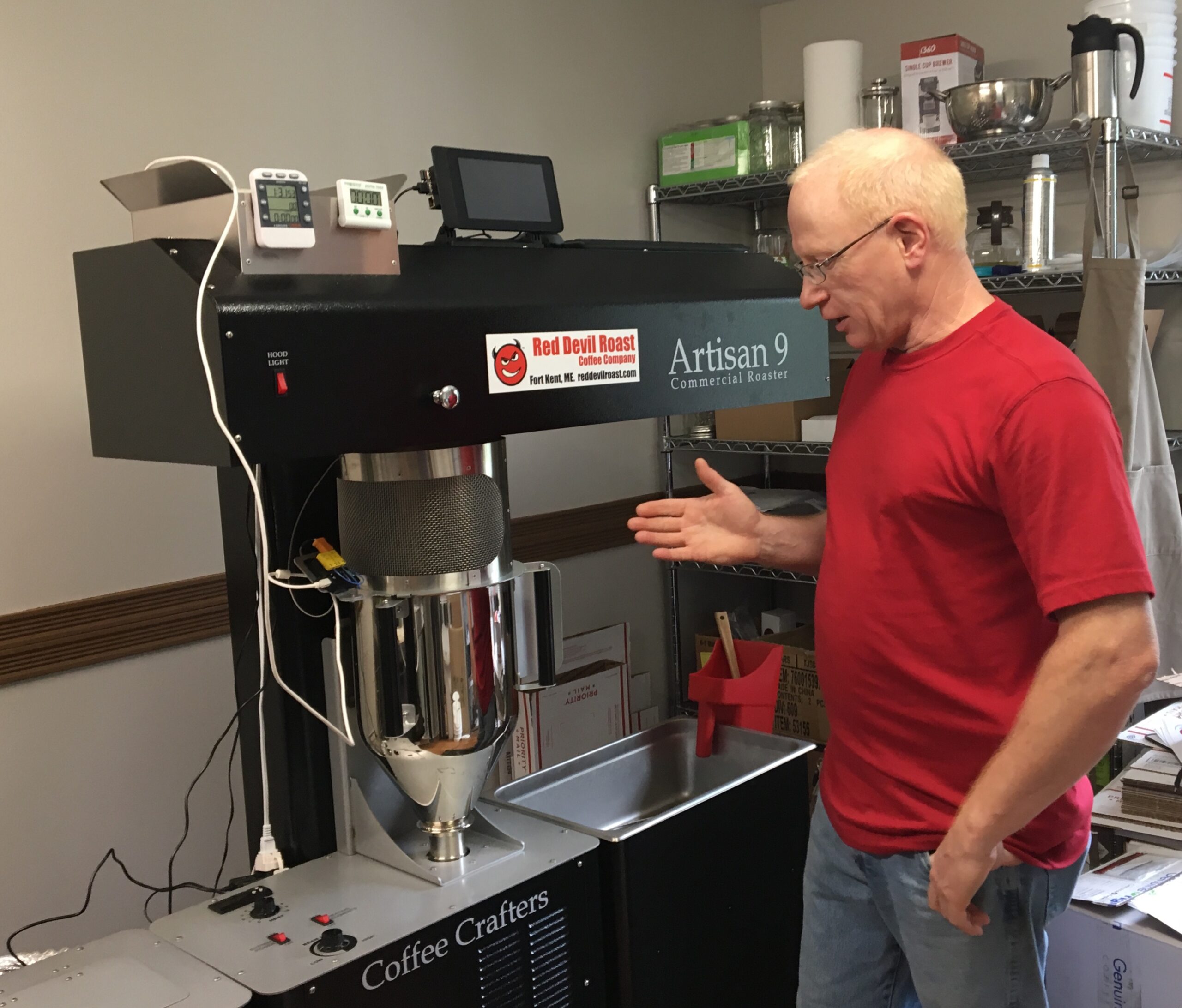
CARIBOU, Maine — Over the next five years, the Northern Maine Development Commission is aiming to increase its lending to small businesses and help them grow.
The NMDC board recently adopted a new capital growth plan that outlines goals for lending over the next five years, including growing the total loan portfolio from $12.4 million to $16 million.
The economic development organization currently has 208 loans issued to small businesses representing outstanding loans of $8.3 million and a total portfolio of about $12.4 million, said NMDC executive director Robert Clark. Over the next five years, the organization wants to issue $12 million in 169 loans.
“Our focus is to lend to startups and small and micro-businesses. Those are the ones that tend to have the hardest time accessing capital,” Clark said.
In April 2018, NMDC became certified as a Community Development Financial Institution, which requires the organization to meet certain financial standards and will allow access to additional capital.
NMDC has been lending to small businesses since 1970 and typically has an upper limit for loans of around $250,000, Clark said.
The goal of the lending program is to offer financing to small and startup businesses that don’t have enough credit history to access business loans from a traditional bank, Clark said. NMDC also can help businesses access federal or state grants designed for rural businesses.
“For small businesses, it’s difficult for them to access capital. Banks like to see three years of earnings. Startups don’t have that.”
Sometimes, small business owners and entrepreneurs will use home equity and credit cards to finance their business, Clark said.
Recent business startups that have tapped into NMDC financing include Red Devil Roast Coffee Company in Fort Kent, Mama Lou’s convenience store in Masardis and the new owners of Lakeside Cabins in Portage Lake.
Clark said that NMDC’s small business program is working with businesses and entrepreneurs in a variety of industries, including small-scale agricultural producers, tourism businesses and technology-based businesses.
“We see a lot of potential for small businesses. We want to get them bankable, so at the end of three or five years, they graduate out of here and go to a bank. We don’t want to compete with the bank, but we want to be an agency that works with a small business client and makes them bankable.”







